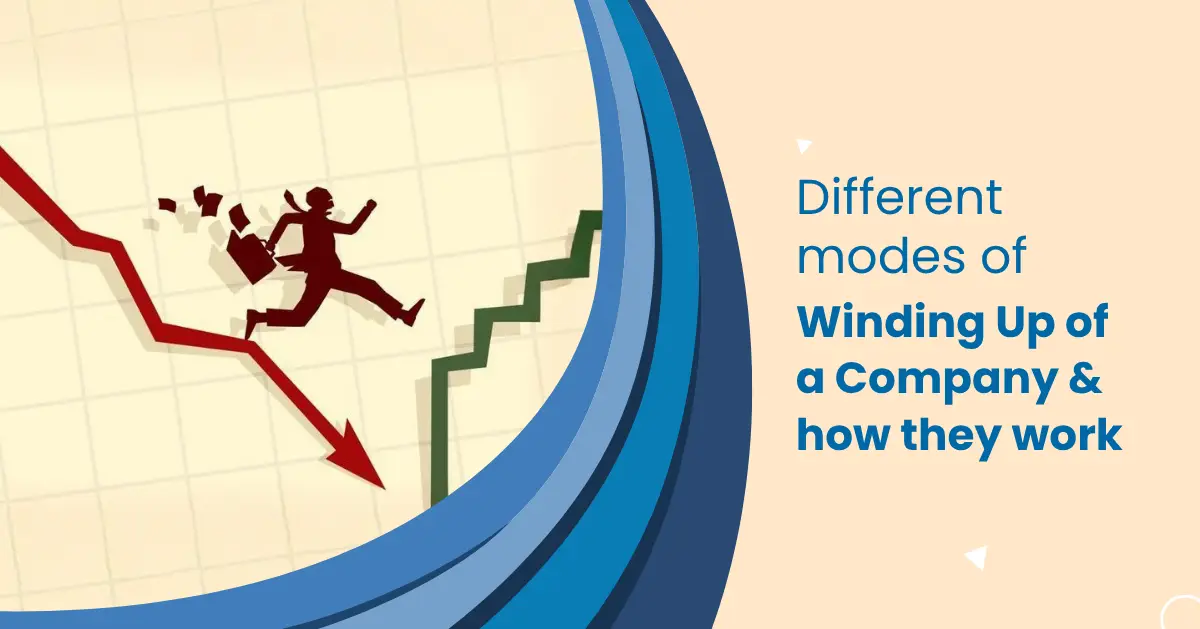
A debenture in company law is a type of bond or other debt instrument that is unsecured by collateral. Since debentures have no collateral backing, they must rely on the creditworthiness and reputation of the issuer for support. Both corporations and governments frequently issue debentures to raise capital or funds.
- A debenture is a type of debt instrument that is not backed by any collateral and usually has a term greater than 10 years.
- Debentures are backed only by the creditworthiness and reputation of the issuer.
- Both corporations and governments frequently issue debentures to raise capital or funds.
- Some debentures can convert to equity shares while others cannot.
In layman’s term, a Debenture is the acknowledgment of the debt the organization has taken from the public at large as per Section 71 of the Companies Act 2013. They are very crucial for raising long-term debt capital. A company can raise funds through the issue of debentures, which has a fixed rate of interest on it. The debenture issued by a company is an acknowledgment that the company has borrowed an amount of money from the public, which it promises to repay at a future date. Debenture holders are, therefore, creditors of the company.
Features of Debentures in Company Law
According to Section 71 of the Companies Act 2013:
- Debentures are usually the unsecured form of bonds which are not backed by any asset or collateral. Instead, the investors consider the issuer’s creditworthiness as a primary parameter for the purchase. Also, being a long-term instrument, their tenure usually lasts for 10 years and above.
- They have a fixed coupon rate, at which the investors receive interest at specific intervals, i.e., monthly, quarterly, half-yearly or yearly. Some investors also get accumulated interest on redemption. Earnings change if the interest rates are floating. Market fluctuations and economic conditions affect interest rates.
- The issuing company pays off the interest as an expense before paying the dividends. The interest is thus tax-deductible, bringing down the taxable income.
- Some companies issue debentures, which after a specified period, can be changed into equity stocks. This facilitates the investors to procure ownership in the organization and benefit from its earnings when its income is enhanced. In addition, the issuer enjoys low-cost borrowing since they offer a lower interest rate than non-covertibles.
- Repayments can be attained either in installments payable yearly or all at once. Thus, if the issuer pays off annual installments to the holders, it may do so by making a redemption reserve. Else, the issuer can repay the borrowed sum in a lump sum on the maturity date of the debt.
- They can be easily exchanged in the stock market, just like other securities. Thus, they are a flexible debt instrument.
- A real-world example is L&T Finance Ltd planning to issue secured, redeemable non-convertible debentures in 2012.
Types of Debenture
1. Secured and Unsecured:
Secured debenture creates a charge on the assets of the company, thereby mortgaging the assets of the company. Unsecured debenture does not carry any charge or security on the assets of the company.
2. Registered and Bearer:
A registered debenture is recorded in the register of debenture holders of the company. A regular instrument of transfer is required for their transfer. In contrast, the debenture which is transferable by mere delivery is called bearer debenture.
3. Convertible and Non-Convertible:
Convertible debenture can be converted into equity shares after the expiry of a specified period. On the other hand, a non-convertible debenture is those which cannot be converted into equity shares.
4. First and Second:
A debenture which is repaid before the other debenture is known as the first debenture. The second debenture is that which is paid after the first debenture has been paid back.
Advantages of Debenture
- Debentures ensure a higher position in the ‘pecking order’ for repayment as a creditor. Otherwise, the loan is unsecured – the position of unsecured creditors near the bottom of the payment hierarchy means a significantly lower chance of recovering any money.
- Valuable financial protection and reassurance is provided for directors as regards their personal funds.
- The use of debentures can encourage long-term funding to grow a business. It is also cost-effective when compared with other forms of lending.
- Debentures usually provide a fixed rate of interest for the lender, and this has to be paid before any dividends are issued to shareholders.
- Control of the company by existing shareholders is not reduced, and profit-sharing remains in the same proportion.
Disadvantages of Debenture
- As far as the company is concerned, there is no flexibility in their obligation to make interest payments on the debenture. In times of financial difficulty this can compromise business growth, and even force insolvency in some cases.
- Restrictions imposed by securing the debenture with an asset or asset class, takes away the management’s freedom to control or use the assets at will.
- By holding a debenture, the lender loses their right to vote and take a share of company profits.




